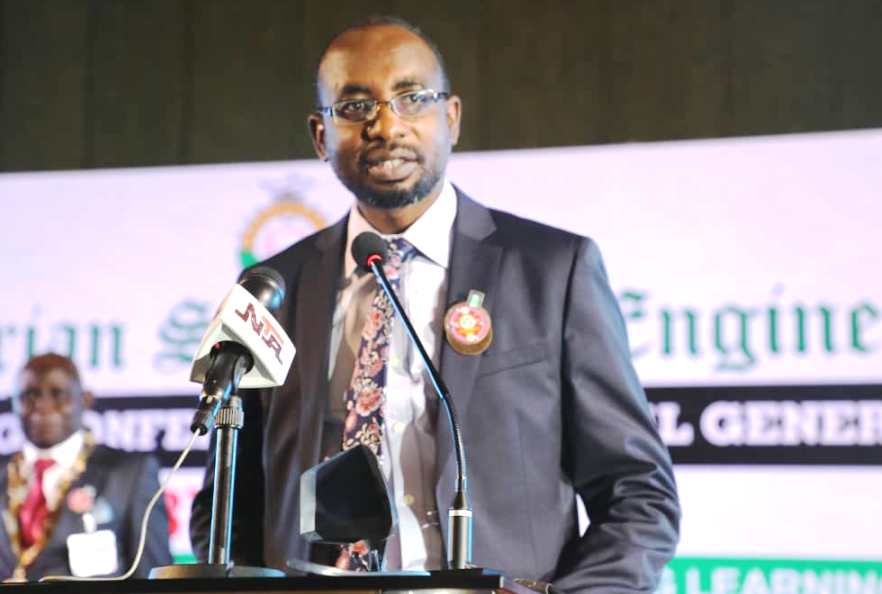The National Information Technology Development Agency (NITDA) has reiterated the transformative potential of emerging technologies in revolutionising the agricultural sector in Nigeria.
RELATED: NAVSA: NITDA targeting to create 5,000 smart farmers among varsity students
Director General, NITDA, Kashifu Inuwa Abdullahi, while stressing the value of emerging technologies to boosting agricultural output at a recent symposium, organised by Federal University Dutsinma (FUDMA) in collaboration with Islamic World Educational, Science and Cultural Organisation, Morocco, said smart agriculture leveraging emerging technologies could enhance the entire value chain from fields, supply and markets for end-consumers.
While speaking on around the theme: “the Future of Smart Agriculture and the Role of Emerging Technologies in Achieving the SDGs,” Abdullahi said NITDA has encouraged smart agriculture through its National Adopted Village for Smart Agriculture (NAVSA) whose beneficiaries included students from Federal University Dutse.
NITDA launched NAVSA as a tech and innovation-driven agricultural initiative address low agriculture productivity, inappropriate financing strategy, and repayment difficulties through the introduction of closed and open wallet systems on mobile payment platforms. The beneficiaries are largely youths from Nigeria’s pool of educated and unemployed graduates.
Smart farming combines the power of data and computing technologies to enhance the efficiency and predictability of farming operations, said the NITDA boss who was represented by Dr Aminu Lawal, his Special Assistant on Digital Transformation.
Agriculture has witnessed shifts from primitive farming to mechanised farming and Has rapidly evolved in the digital or smart farming era which focuses on capturing data and interpreting them using computing technologies to make farm operations more predictable and efficient.
Already digital technologies have been recognised as one of the critical enablers of agriculture to eliminate hunger and accelerate the achievement of one of the main visions of the Sustainable Development Goals (SDGs).
His words: “There is a need to increase the production and profitability of farmers, increase the impact of agriculture intervention, attract youths and talents into agribusinesses, and use agriculture to diversify the economy. Digital technologies have the ability to change this narrative.
“Agriculture, if properly harnessed and technologies and innovations effectively introduced, the sector remains the number one sector for taking 100 million Nigerians out of poverty in 10 years and creating large well-paying jobs for Nigerian youths.
“Digital technologies can significantly reduce information access inequalities, improve the management and sustainability of natural resources used in farming, reduce the costs of linking sellers and buyers, and improve knowledge sharing and access to markets.
“With digital technologies farmers make more precise decisions on resource management, and farm processes, and better engagement between consumers and producers through increased and faster information analysis and the resulting insights; thereby leading to smart farms and making small-scale producers more competitive.” The DG said.
Along this line, NITDA has developed the Nigeria Digital Agriculture Strategy (NDAS) in collaboration with the Federal Ministry of Agriculture and Rural Development and other stakeholders. The vision of the strategy is to make Nigeria the top three most food-secure countries in Africa and the top 20 largest exporters of standard agricultural produce by 2030 through the use and application of digital technologies and innovations.
Vice Chancellor of the University, Prof. Armaya’u Hamisu-Bichi, said that the theme resonated deeply in the “quest for innovation, efficiency and sustainability within the agricultural sector.”
Adding: “In an era where our world is confronted with numerous challenges ranging from population growth to climate change, it is imperative to harness the potential of emerging technologies.”
































